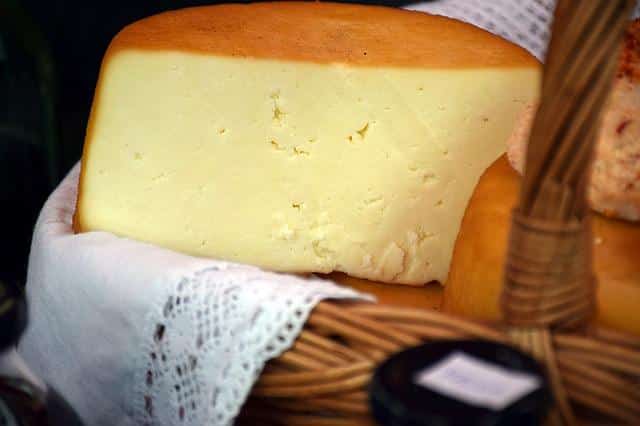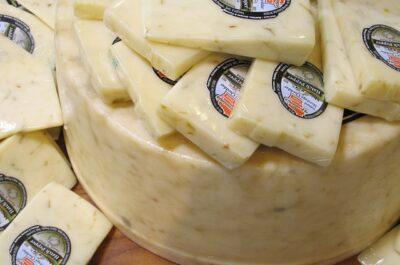If you are trying to eat a healthier diet, you probably think you need to cut back on high-fat cheese. Right?
Well, maybe you can have your cheese and it eat. too.
According to a new study by the University of Copenhagen, high-fat cheese consumption may actually be good for you.
After studying the results of a 12-week study of 139 adults, researchers found that high-fat cheese may boost our levels of high-density lipoprotein (HDL), the “good” cholesterol that helps protects against metabolic and cardiovascular diseases. HDL is critical to a solid cholesterol ratio.
The researchers divided study participants into three groups. One group consumed a total of 80 grams of regular high-fat cheese every day for 12 weeks, and another group consumed a total of 80 grams of lower-fat cheese each day. Instead of eating cheese, the third group of study participants ate 90 grams of bread and jam.
Beet Powder: The Ancient Secret To Renewed Energy And Stamina
Researchers, who published their results in the American Journal of Clinical Nutrition, discovered that the group that ate the high-fat cheese was the only one to see an increase in “good” HDL levels. None of the groups experienced a change in “bad” low-density lipoprotein (LDL) cholesterol.
Other factors such as insulin, triglycerides, glucose, blood pressure and waist measurements did not vary significantly between the three study groups.
In addition to the positive cholesterol link, eating high-fat cheese offers other positive benefits. Cheese provides high levels of calcium, protein and vitamin D.
Cheese also offers vitamin A, B12, riboflavin, zinc and phosphorus, and it contains conjugated linoleic acid (CLA), a fat that researchers think may have anti-cancer and heart-protective properties.
Eating cheese also may be good for your teeth. A 2008 study from Turkey that was published in the journal Caries found that people who ate a one-third ounce serving of cheese after rinsing their mouths with a sugar solution had a decrease in mouth acidity, which decreases the risk of cavities. Other studies have found similar results.
Can eating cheese offer protection against certain cancers? A Swedish study published in the American Journal of Clinical Nutrition found a connection between the daily consumption of at least two ounces of cheese and a reduced risk of colorectal cancer in women.
On average, cheese has about 100 calories per ounce and itoften contains high sodium levels, so moderation is the key to eating high-fat cheese and maintaining a healthy weight. In fact, the popular Mediterranean diet allows for small to moderate amounts of cheese. Cheese is also part of the heart-heathy DASH (Dietary Approaches to Stop Hypertension) diet.
So, think in terms of a slice of cheese on a sandwich, not a pile of cheese on a taco, and yes – if researchers are right — you can have your cheese and eat it, too.
What is your reaction? Share it in the section below:
Sources:
https://www.telegraph.co.uk/food-and-drink/news/high-fat-cheese-the-secret-to-a-healthy-life/
https://www.berkeleywellness.com/healthy-eating/nutrition/slideshow/cheese-bad-your-health
https://www.bhf.org.uk/heart-matters-magazine/nutrition/cheese
Harness The Power Of Nature’s Most Remarkable Healer: Vinegar
 Off The Grid News Better Ideas For Off The Grid Living
Off The Grid News Better Ideas For Off The Grid Living






